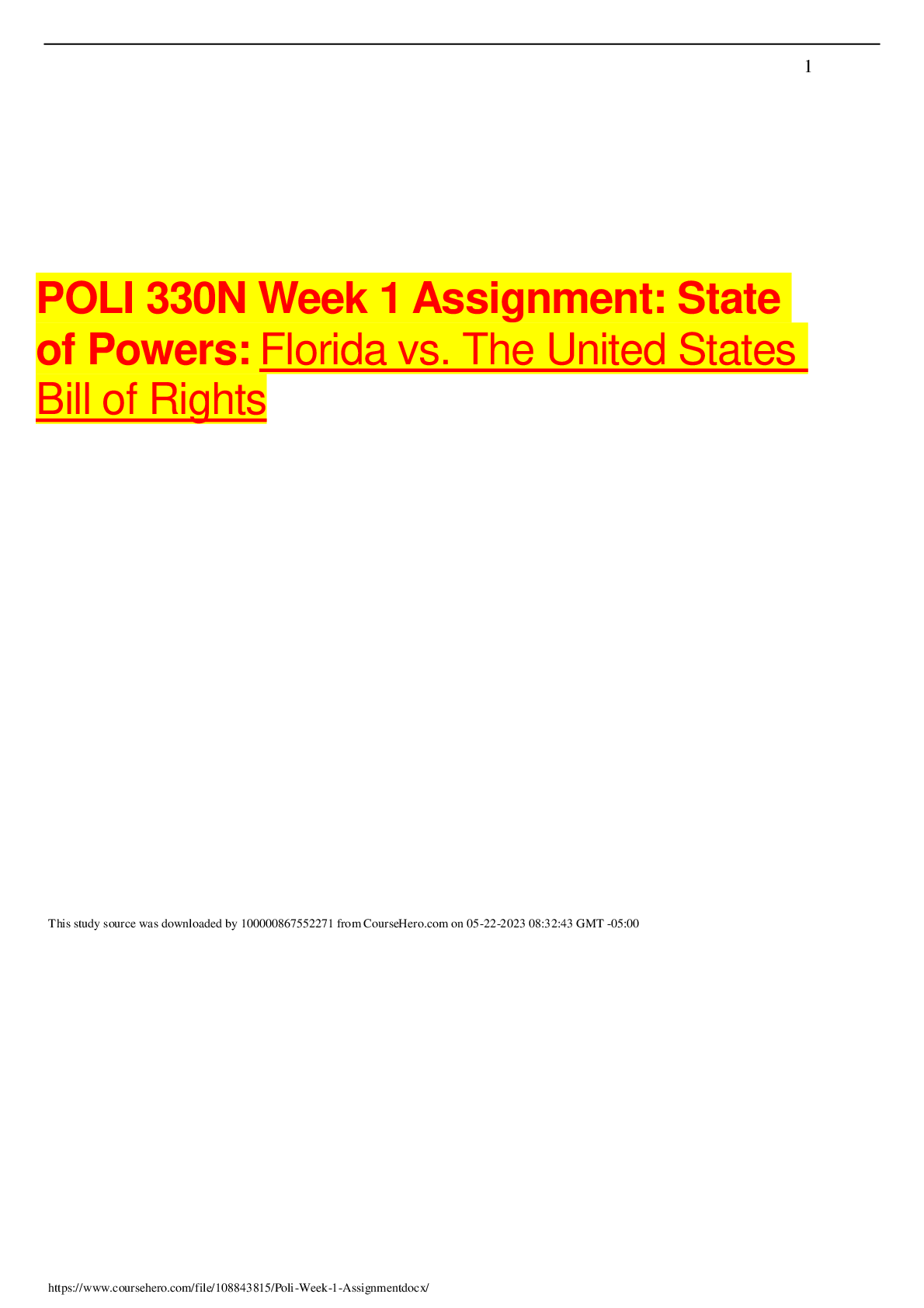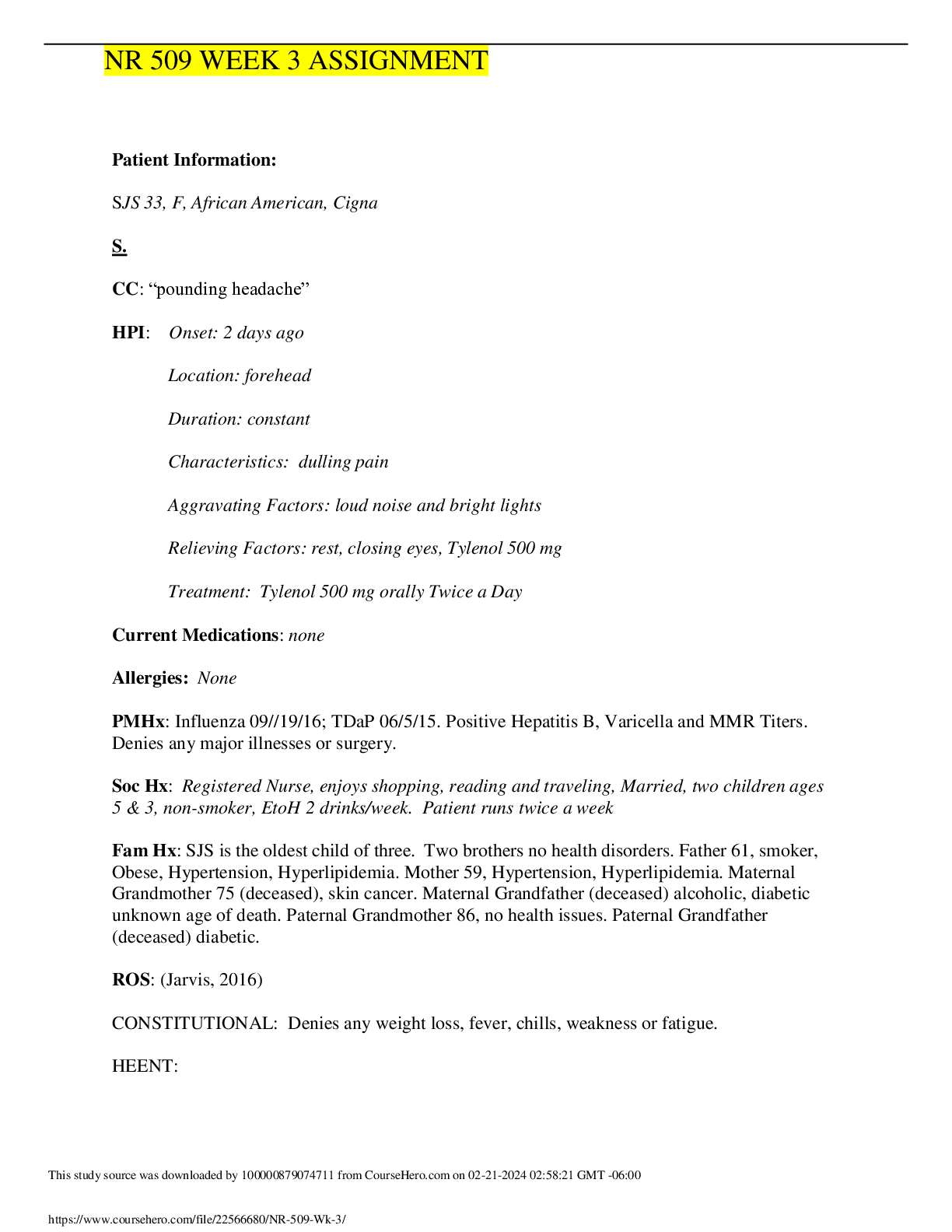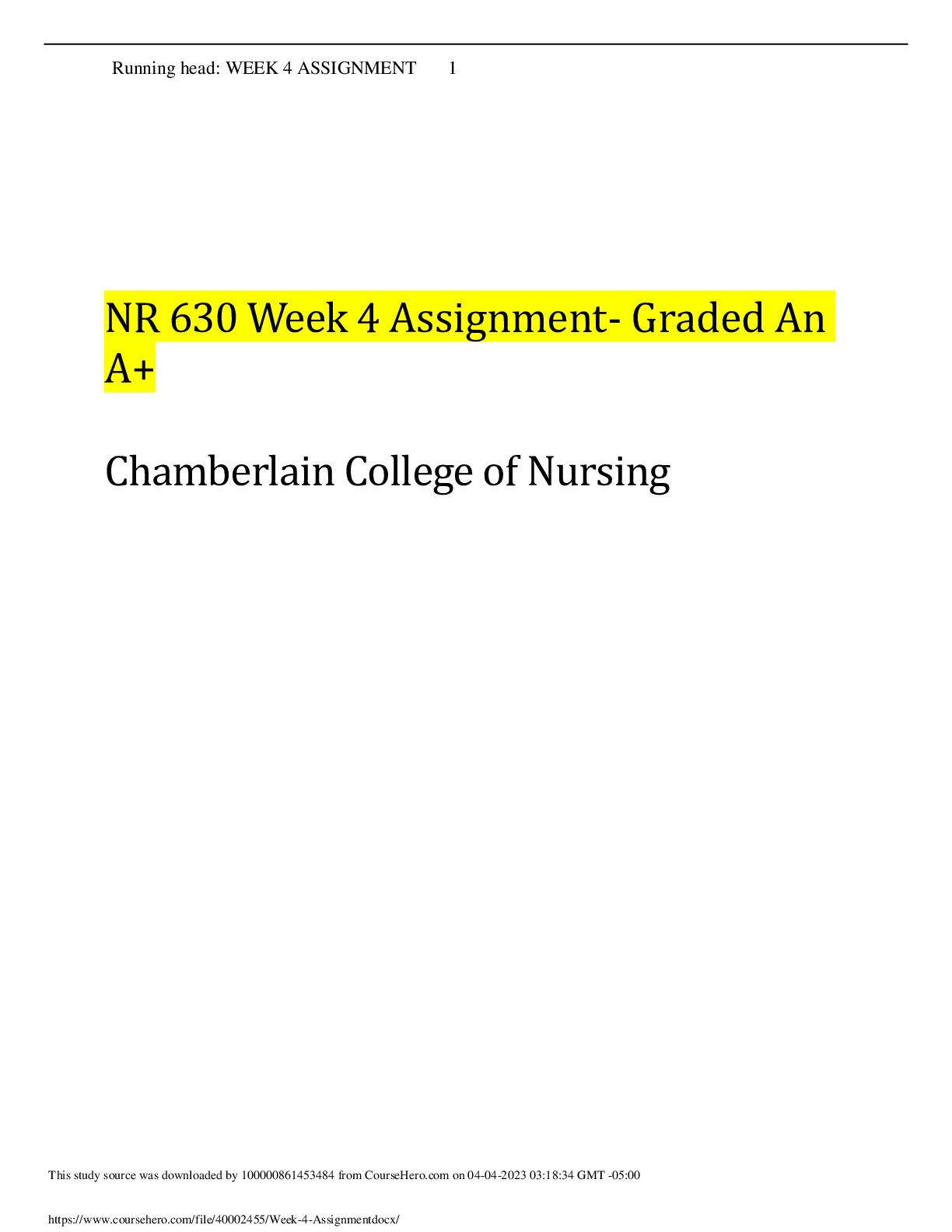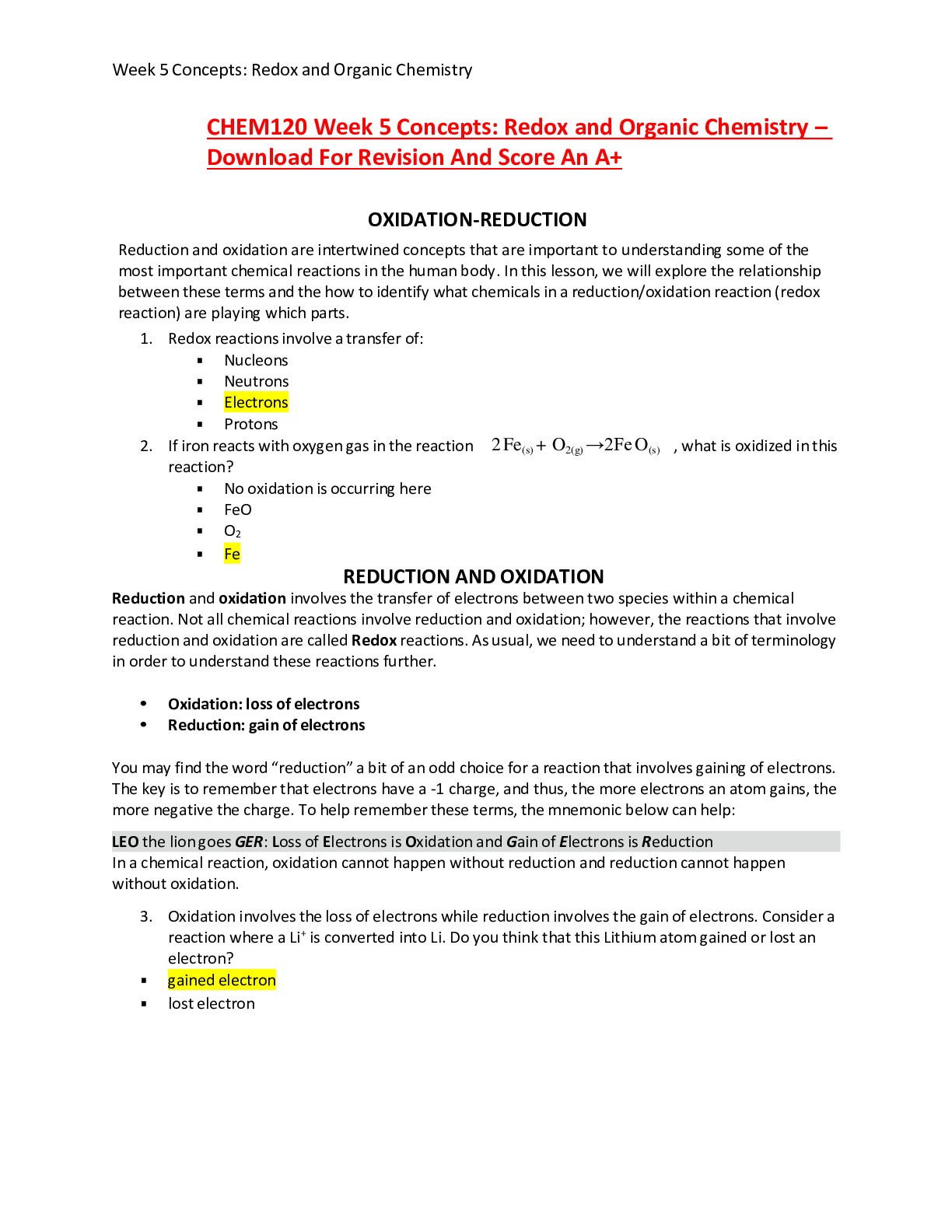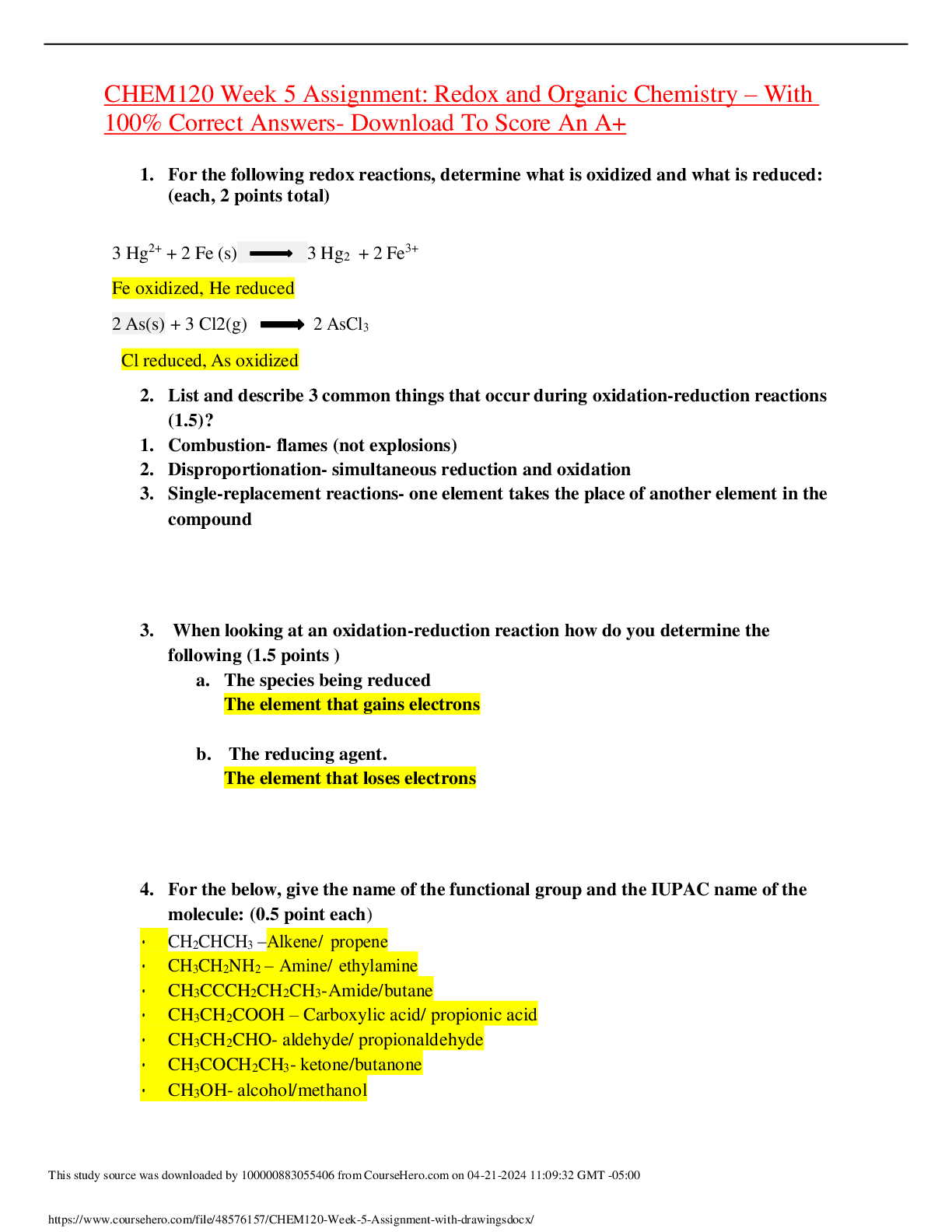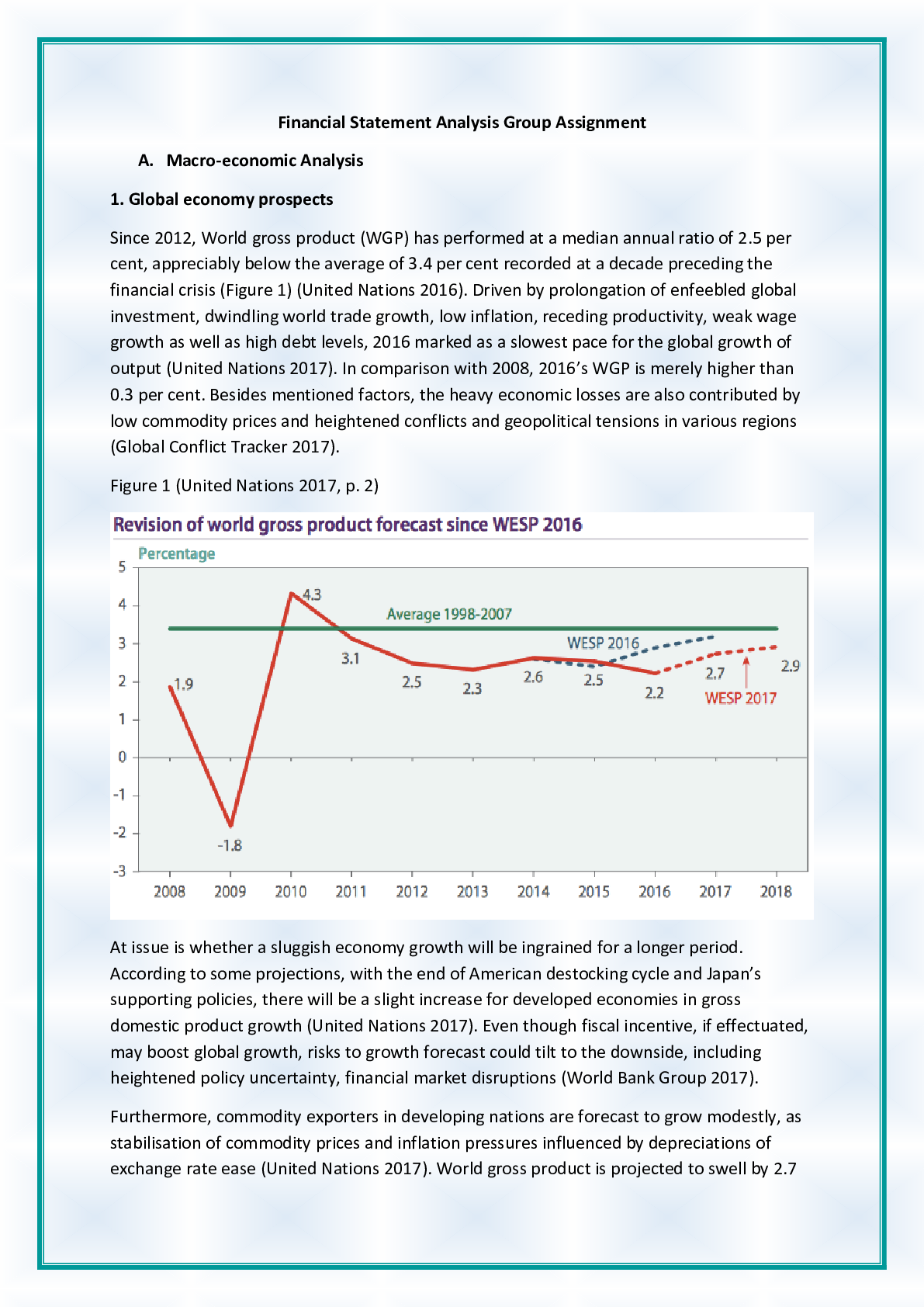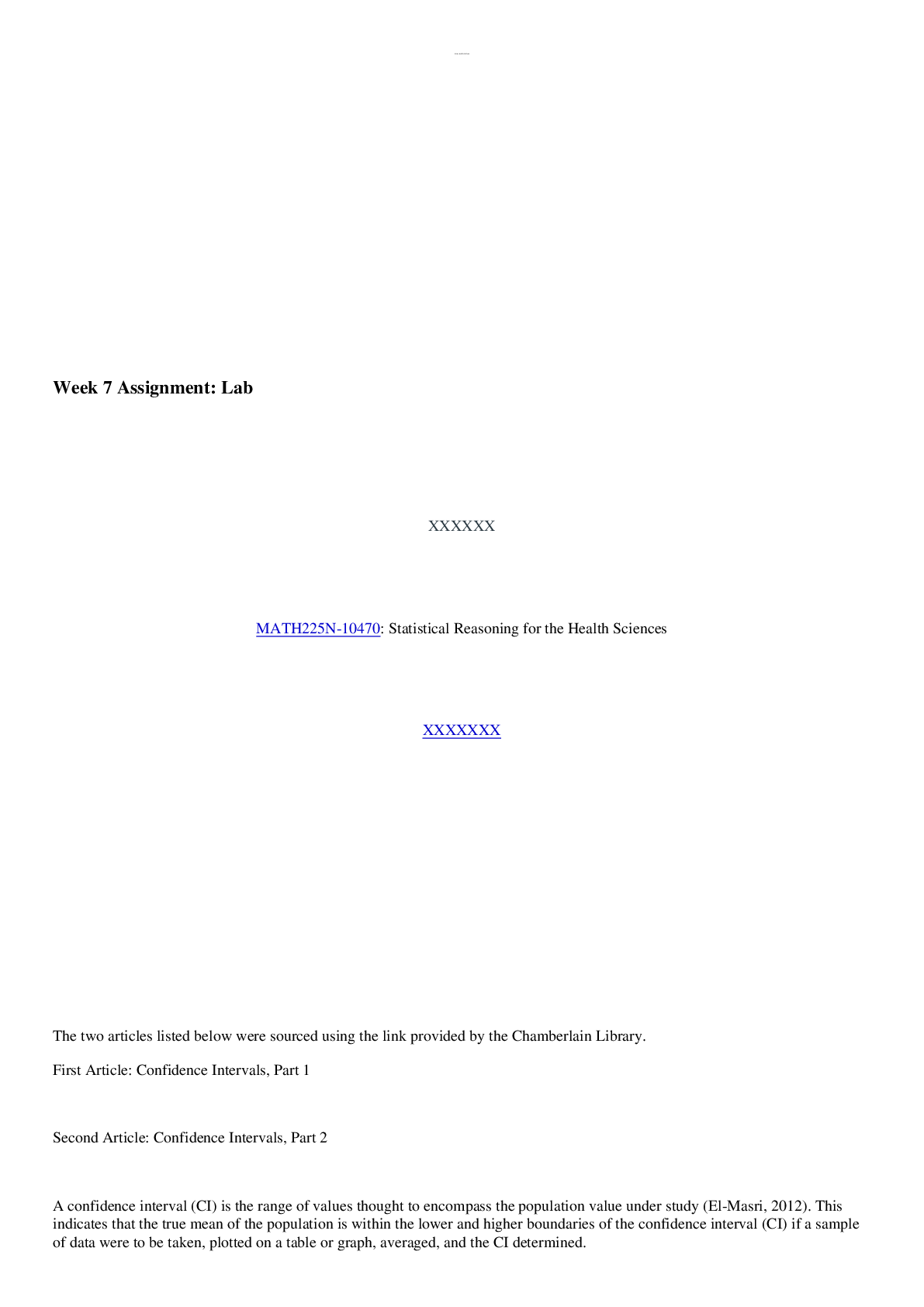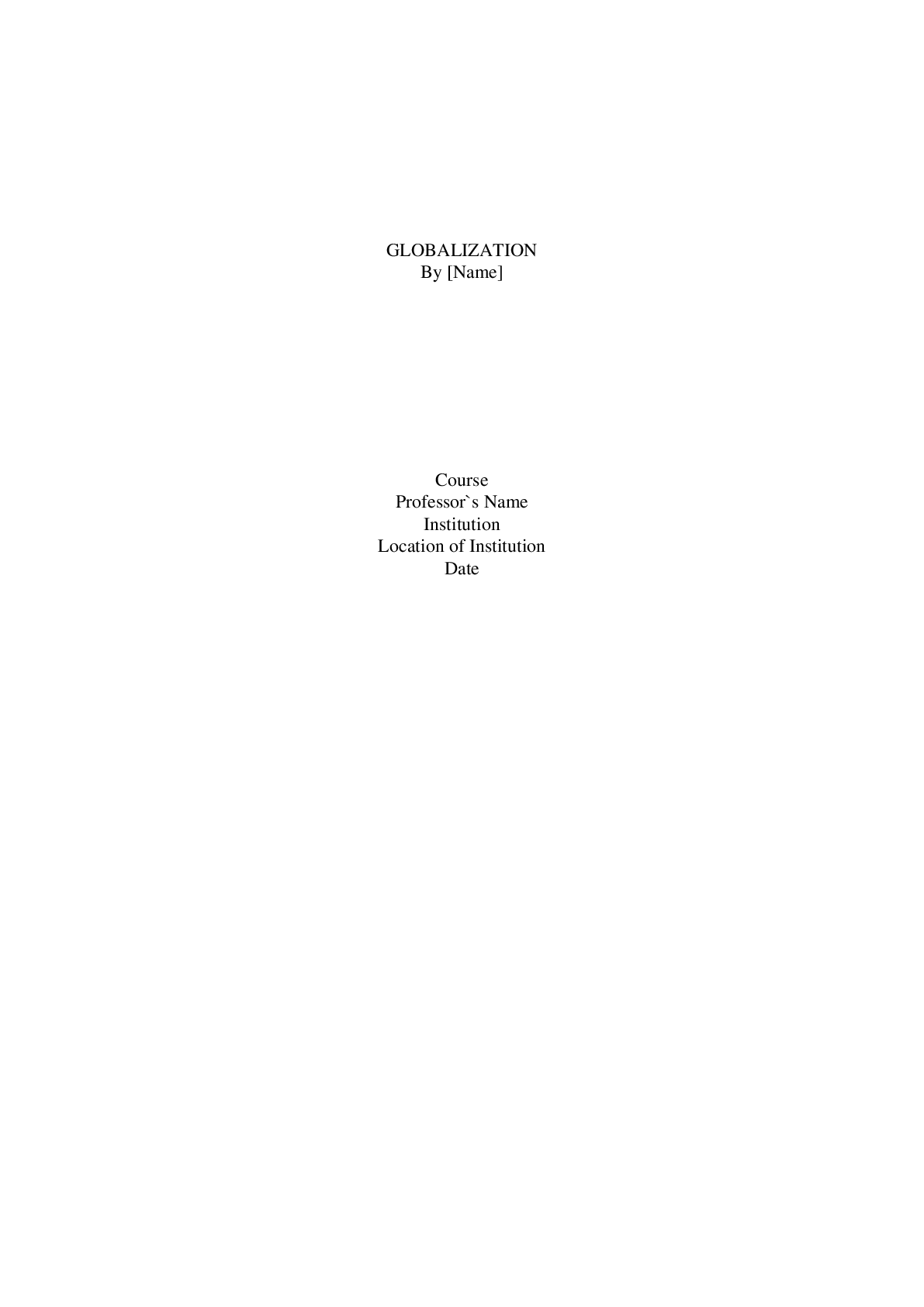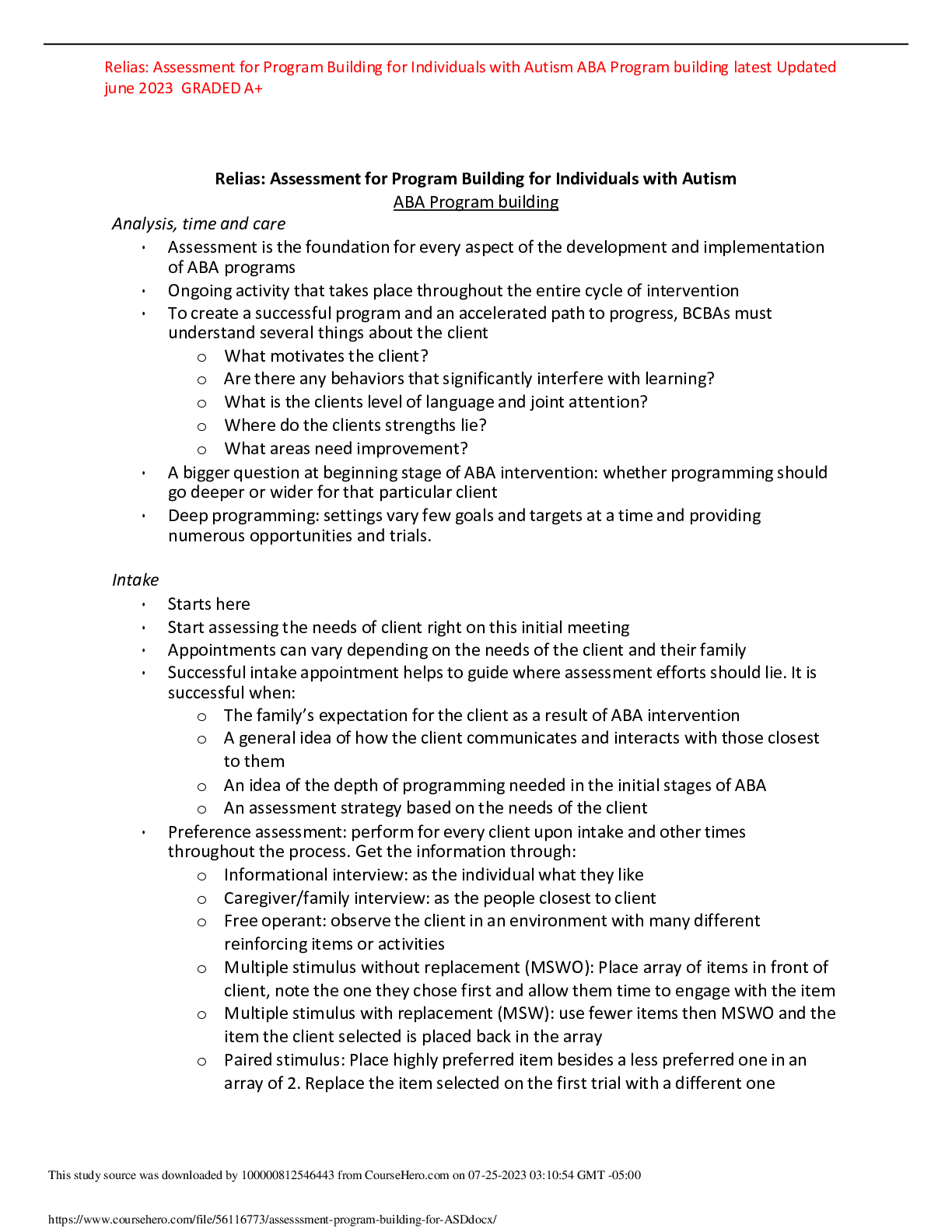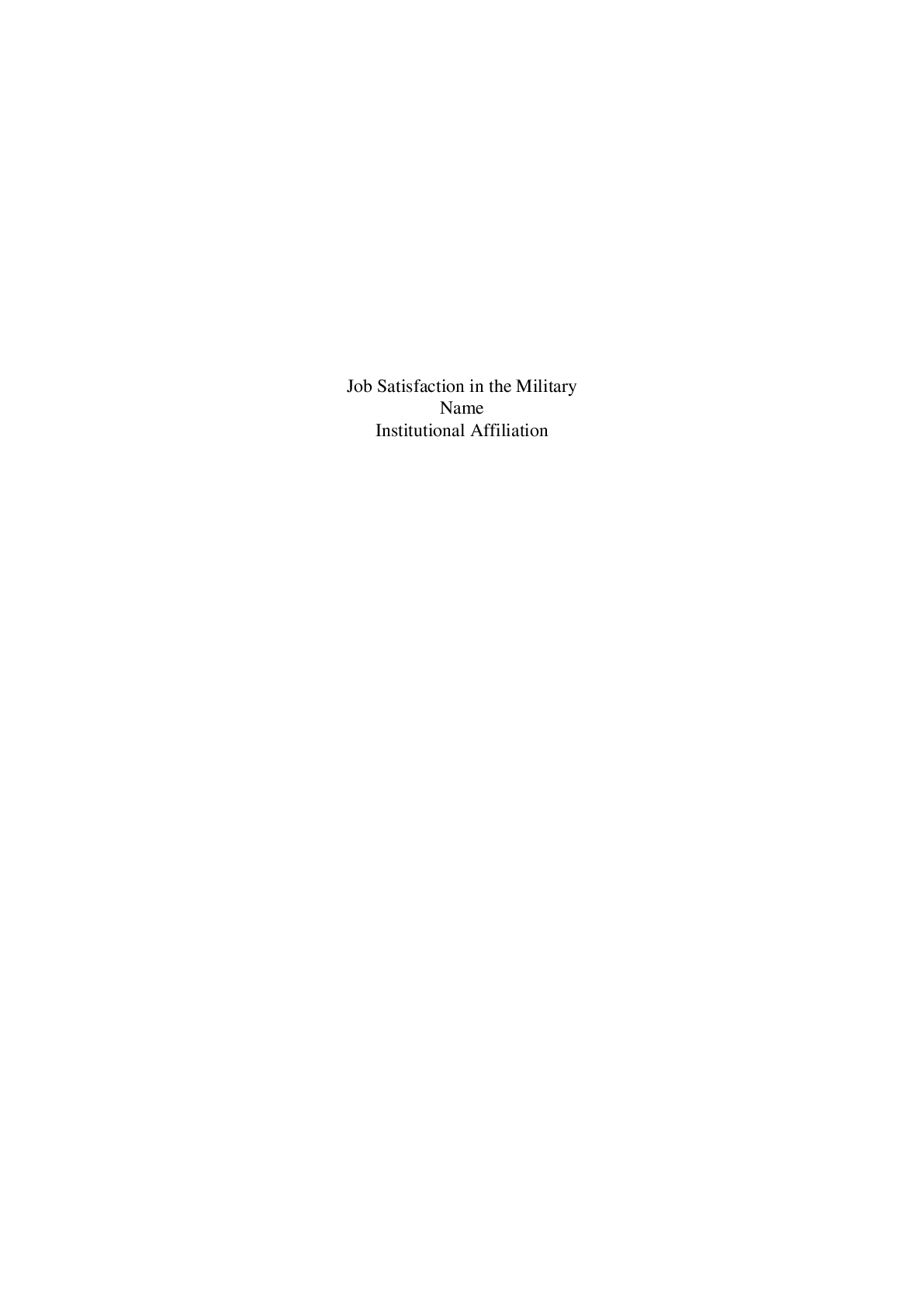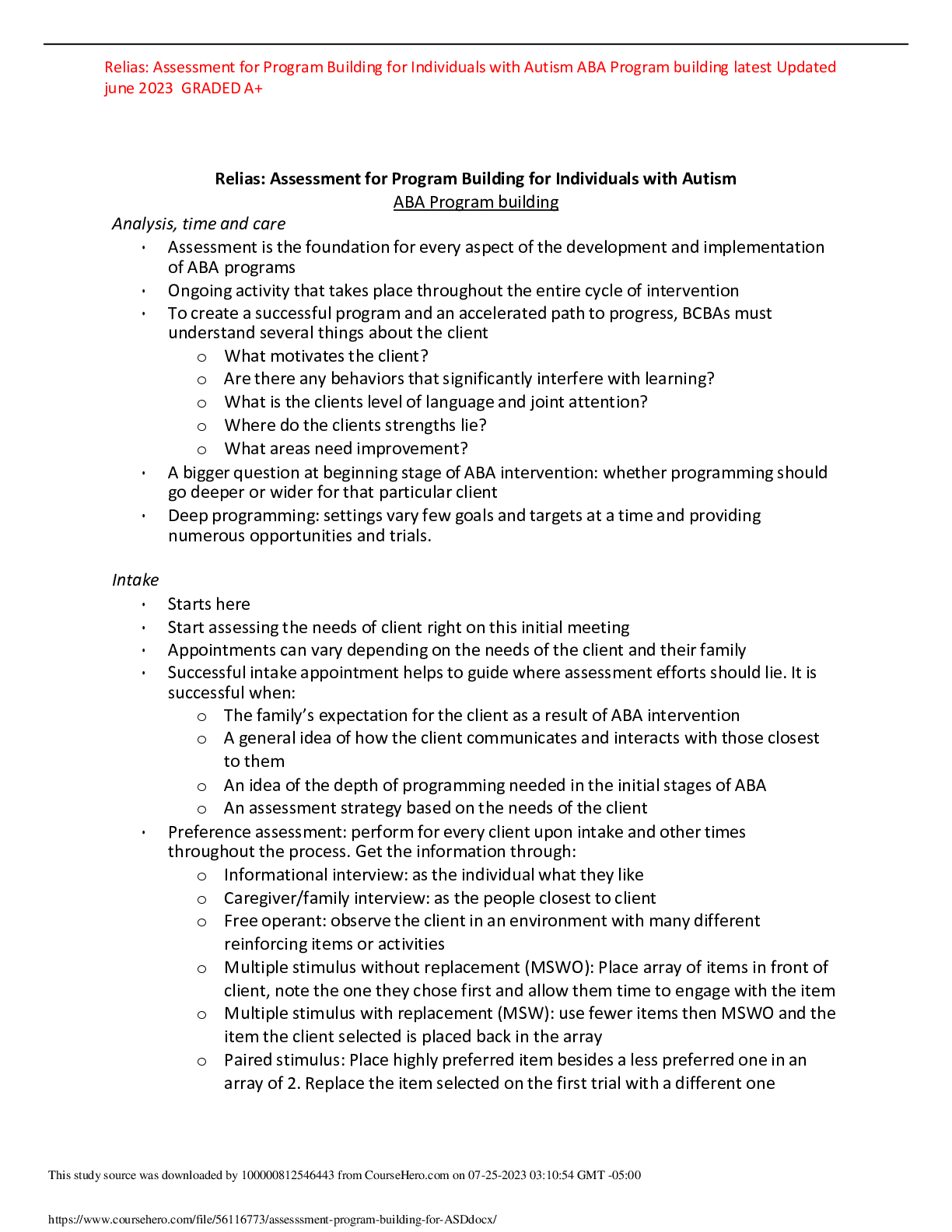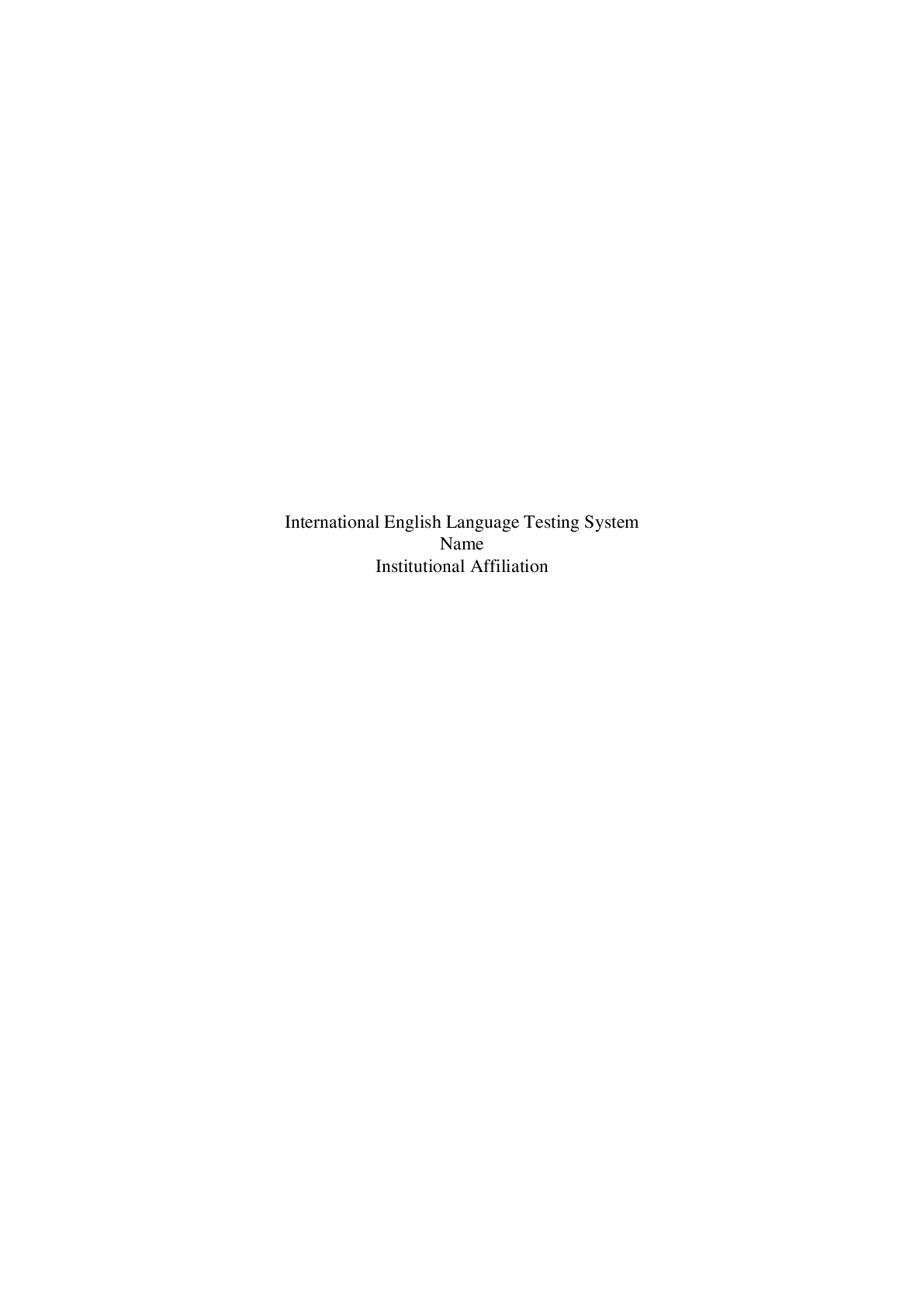Social Sciences > ASSIGNMENT > SOCS 315 Week 7 Homework Assignment: Chapter 12, 13 & 14 Questions (All)
SOCS 315 Week 7 Homework Assignment: Chapter 12, 13 & 14 Questions
Document Content and Description Below
SOCS 315 Week 7 Homework Assignment: Chapter 12, 13 & 14 Questions Homework Assignment Chapter 12 -- Page 416 -- Question 1 Historian Eric Sager, commenti... ng on the growing ranks of singles, points out, “It is often said that divorce today performs the function that death did in the past. The promise to live together for better or worse, so long as you both shall live, means something very different if you anticipate a married life of 60 years, as opposed to a married life of 25 years.” Do you agree or disagree with Sager? Is the goal of lifetime marriage realistic in today’s society? What role, if any, does an increase in life expectancy play in marital stability? Explain. I disagree. No one gets married anticipating only to be married 25 years. The thought process doesn’t change just because you anticipate to be married for 60 years. Although divorce rates are high with younger couples, values are what uphold a marriage. These days marriage is looked at as just a piece of paper that is easily signed and easily dismissed, but a bit harder to dismiss with children. I am my wife’s second husband, but she is my first wife. I only plan to be married once because I anticipate that my wife is the only one who understands me at my best and worst, and that is the only woman I have acceptingly chosen to be with as long as I live. Yes, people change throughout the years, but when a relationship involves two people who are willing to do anything to support each other and take their vows seriously, most are stronger than those marriages who choose to give up at the first few signs of problems. My values of marriage are strong, but it must be both parties who are willing to participate, or the anticipation for a long healthy marriage won’t last. Chapter 13 -- Page 444 – Question 1 Discuss the significance of viewing remarried families as entities that are distinct from nuclear families. In a similar vein, some sociologists have argued against referring to remarried families as reconstituted or blended families. How might these latter terms cause problems for individuals living in remarried families? Should biological parents who are cohabiting with a partner be considered stepfamilies? Explain. Nuclear families are described as a couple with their biological children, whereas blended families are described as a couple to include children from any previous relationships. Blended families do provide challenges from traditional nuclear families due to the differences in how children are raised under different parenting styles. Although there are many differences that can be discussed, two adults coming from two different backgrounds must work together in order to see what best fits the family dynamic within a blended unit. The phrase stepfamilies poses a risk with persons within a blended family, because it provides a sense of separation between family members. Although the word family is described as a group of people with common ancestors, it can also be intentionally taken out of context for the sake of children adapting to a new environment, to make them feel more welcome. When conflict arises, one family member may lash out in defense to who is a blood relative, vice a non- blood relative. Describing such persons within a family as a step-son, or a step-mother, only makes the feeling of family separation more apparent. In my family, I never introduce my children as step-sons, but as sons. Although, I may be the step-father in the family to them, I am a father figure and therefore I have never titled them in that way, in order to make them feel welcome, as one family unit. I think that is important to children, to be a part of a family and not feel like they are anything different. Chapter 13 -- Page 444 – Question 3 The divorce rate is higher in second marriages than in first marriages and even higher in third marriages. What factors are involved in these lower rates of marital stability? Do you see any as more important than the others? Explain. What can individuals and the community do to help improve the duration of remarriages? Explain. I find this to be an interesting question, because there are so many things that influence a healthy marriage. Some factors that involve lower rates of marital stability are many but a few are age and premarital pregnancy. Age and premarital pregnancy stood out for me. It is said that marriages that are the result of pregnancy have a high rate of failure. Fifty percent end within five years (Lee, 2001). I myself had a child with my wife before getting married. The first five years were the hardest due to her previous marriage with children, and adding another child to our blended family. This was extremely stressful, but well worth the struggle, looking back. The second is age. Young age is apparent to high divorce rates typically because people are still figuring out life and making life decisions. Priorities change and must also change with a significant other in mind, making it harder to transition into what someone may want for their future. In general, those who are older when married have more stable marriages. For example, those who marry at 20 years or older have marriages that last twice as long as those who marry under age 20 (Lee, 2001). Being married at a young age is harder to see what life with a young wife holds in store. It is important to be open to change and accept the differences in life expectations. In my opinion, marriage takes two people to realize that they are not the only person in the relationship. One thing I remind myself when I get upset because something didn’t go my way in my marriage, is that I am responsible for my actions alone. I cannot force my expectations of someone else, above their expectations for themselves. That is trying to control the relationship, without thinking about both parties involved. Communities have multiple programs available as well as counsel. I’ve found that dinner dates mean more in my relationship when having time together. They allow the two of us to spend time one on one, and just enjoy each other’s company. Chapter 14 -- Page 475 -- Questions 3 How does the experience of aging differ for single, married, divorced, and widowed people? For heterosexual and homosexual elderly? For elderly with children and those without? What actions could communities take to improve the lives of their elderly citizens? Many statistics are involved in such questions, and although not one overall answer fits the bill, there are multiple reasons. Some of the main reasons are race, ethnicity, class and gender. Typically the stresses of life in general will have an effect on those who are married, divorced or widowed. The fact that a single male or female, may have the only problem of finding a significant other, doesn’t seem like much of a problem with technology these days. In response, having no one to spend time with, and constantly spending time alone can be stressful and cause depression in itself. Married life, whether it be with kids or without, has its own obstacles as well as those who have divorced who may feel a sense of failure, defeat, or even freedom, after experiencing divorce. Those who have widowed provide a whole other level of stress that may prevent them from social status among other couples, due to the loss a significant other. Homosexual elderly have a higher potential of living alone as they age, and a higher rate of living in poverty. In addition, they may also feel uncomfortable about seeking medical attention as they age (Swartz, 2012, p.473). The American household isn’t a specific culture that typically cares for their elderly from a one on one family basis while valuing and respecting one for such old age. These separations in culture, like a second nature to other cultures, ensure the care, health, and wellbeing of an elderly family member by means of sharing the responsibilities. This is almost out of respect for giving life, they will also return the favor in their old age by making it the family’s responsibility to care and nurture their elderly as opposed to placing them in assisted living. It may go without saying that some elderly have medical conditions that are too strenuous on some families, and therefore have no choice but to find other options. For those without children the options are limited and therefore they are at the mercy of whatever insurance or government will afford them. I think that our society doesn’t have as high a respect for our elderly as we once did. Medical situations may be a large part of the reason, because of high medical expenses on those who are family oriented, with children, yet trying to care for an elderly family member. I do believe extensive background checks for those working in assisted living facilities should be checked often, as I would like to believe they are, but on a yearly basis to keep records current. In addition, current evaluations on performance of employees with elderly individuals should take place, as to keep those elderly members safe and free from high levels of stress and frustration. I think our communities could learn from those who assist elderly family members within different cultures, and find alternate opportunities to make them feel comfortable and loved. Chapter 14 -- Page 475 – Questions 4 In Chapter 12, we asked whether the idea of a permanent marriage is a realistic option in today’s society. In this chapter, we noted that 6 percent of all married couples celebrated golden wedding anniversaries. Can you imagine yourself married for 50 or more years? What do you think it takes to stay married that long? The longer people stay married, the more likely they are to experience widowhood. Can or should married couples prepare for this eventuality? Would this make a difference in the way they experience widowhood? What advice and support could you give to a couple when one spouse is terminally ill? Explain your position. I can imagine myself married for 50 or more years, but at the same time it is very hard to relate to such a long period of time, without going through hardships, as any marriage does. It really comes down to the health of the relationship itself, and how conflict is resolved, or just brushed off as to be built up by more and more unresolved situations. I think a lot of couples relate a healthy marriage to sex, but I believe it to be more than that. Although sexual attraction is what initially sets the wheels in motion for a relationship, sex over multiple decades at a time may not specifically be the glue that holds a relationship together, concerning a long time union. Understanding your partner and resolving problems effectively when they arise, allow for a healthier relationship to grow and continue with trust and consideration for a partner. There has to be give and take. Although that is easier said than done, both parties must be cognizant of each other’s feelings, wants and needs, goals and expectations, but not to get overly concerned with every little detail when things don’t go their way. For those that are in a golden relationship, they have already mastered there specific partner, making it hard for them to live or connect with anyone else after a death has occur in the relationship. This does in fact make them prone to widowhood. I don’t believe that this is something that can be prepared for. Nothing prepares anyone for death, but the funeral provisions can relieve some of that stressful time through previous arrangements. My advice for the spouse of another who is terminally ill, is to make these arrangements now, if they have not already been made. Getting assistance from family members, friends, or community outreach councilors will help to provide a clear picture of what is yet to come. The reasons for this may be, that the spouse who is widowed may feel overcome with grief and concern about specific instances where a clear picture is not already provided. Without such help, this may cause confusion and frustration over the thought of such a close companions lose. Time to collect one’s self and get things in order, although not easy, make for a more manageable transition into widowed life. References Lee. T. (2001). Stronger Marriage. Factors that make a difference in marital success. Department of Family and Human Development. Retrieved from: http://strongermarriage.org/married/factors-that-make-a-difference-in-marital-success Schwartz, M.A., Scott, B. (2012). Marriages and Families, 7th Edition. Pearson Learning Solutions, VitalBook file. [Show More]
Last updated: 9 months ago
Preview 1 out of 6 pages

Reviews( 0 )
Document information
Connected school, study & course
About the document
Uploaded On
Jul 31, 2023
Number of pages
6
Written in
Additional information
This document has been written for:
Uploaded
Jul 31, 2023
Downloads
0
Views
32


